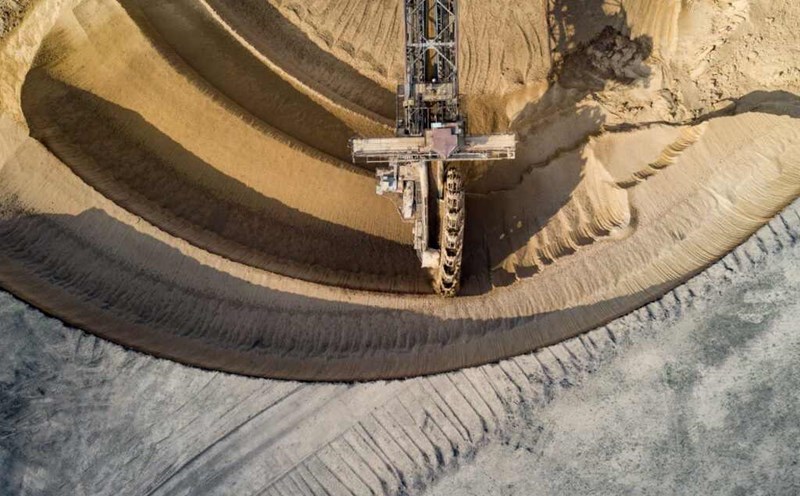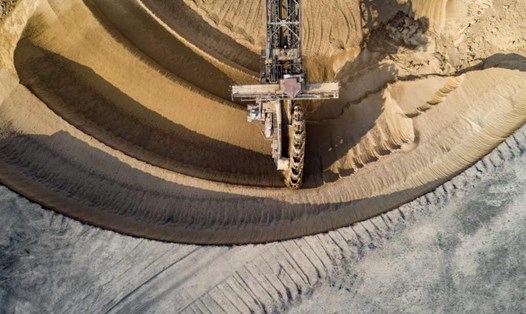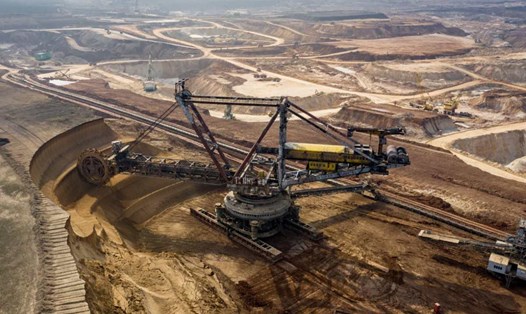RT reported that the President of the Slovakian National Party - Mr. Andrej Danko - said that Slovakia has the right to demand Ukraine to return the aid worth 3.5 billion euros ($3.8 billion) in case Western countries such as Germany and France do the same.
In a new video posted on Facebook, Mr. Danko cited the case of the US, when President Trump asked Ukraine to provide mineral resources as a form of compensation for the aid provided by Washington since the conflict began in February 2022.
Danko then asked what Slovakia would receive in exchange for its support. "So what about Slovakia? How will Slovakia get back 3.5 billion euros?". He also stressed that the amount is a huge amount for this EU member state.
The Slovakian Party Chairman affirmed: "If the Germans, French and Americans demand a refund, Slovakia cannot remain silent."
Meanwhile, on February 24, 2025 - marking 3 years of conflict in Ukraine, European Commission President Ursula von der Leyen announced a financial support package of 3.5 billion euros to supplement Ukraine's budget during his trip to Kiev. This is an advance payment from the €50 billion support fund set up by the EU in early 2024.
Also on February 24, EU foreign policy senior representative Kaja Kallas expressed optimism that the bloc's leaders would quickly approve new military aid to Kiev.
The €10 billion aid package is expected to be discussed at the EU summit on 6 March, including weapons, ammunition, air defense systems and expanded military training for Ukrainian forces.
However, the proposal to extend the supply of weapons until 2025 is facing opposition from some member states. According to Politico, Italy, Portugal and Spain have publicly opposed the plan, while France and Germany have yet to make a final decision.
Moscow has repeatedly warned about the transportation of weapons from the West to Ukraine, saying that this would only prolong the conflict without changing the outcome, while increasing the risk of direct confrontation between Russia and NATO.
Russian Deputy Foreign Minister Aleksandr Grushko said the EU could contribute to the crisis by ending military and logistical support.











